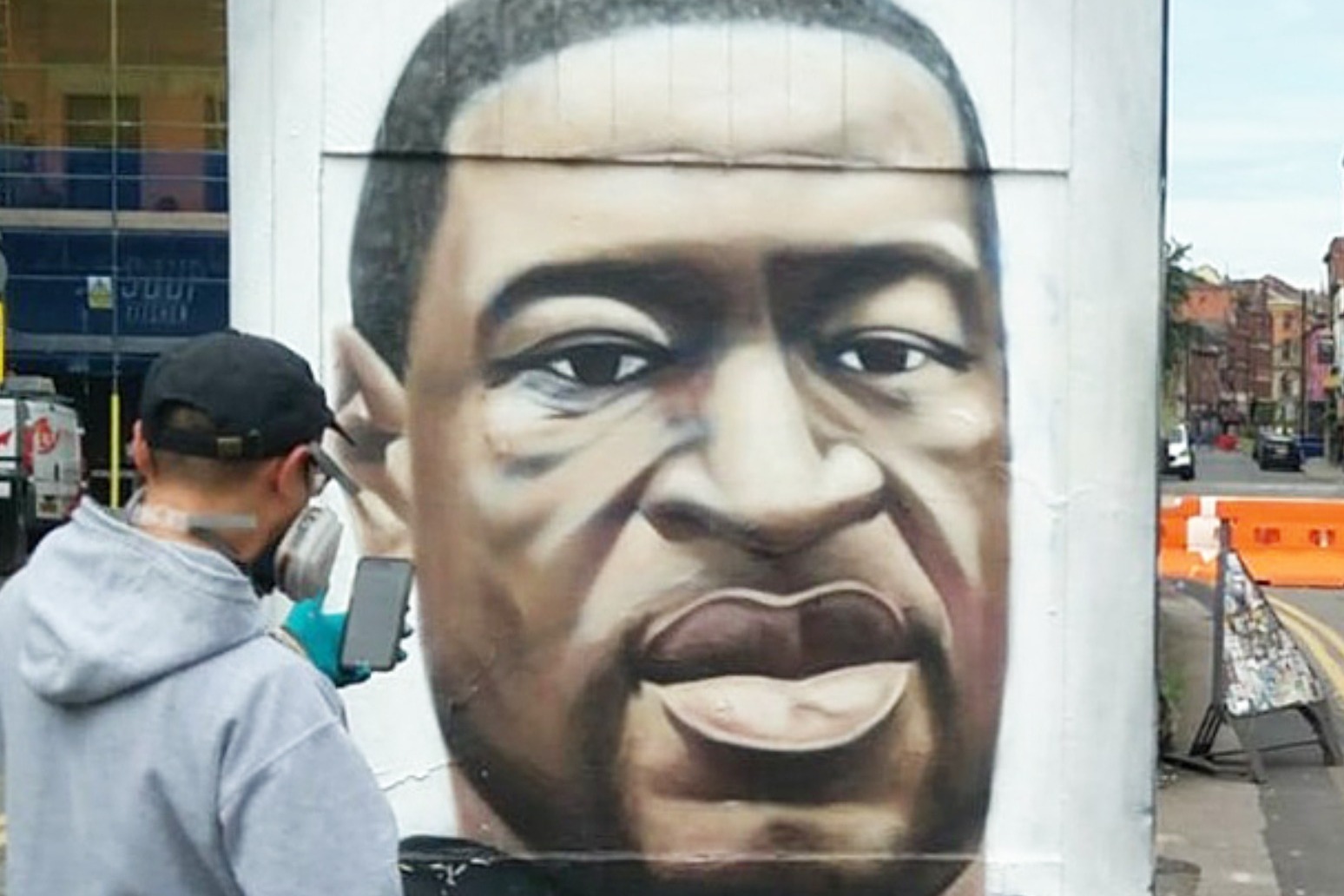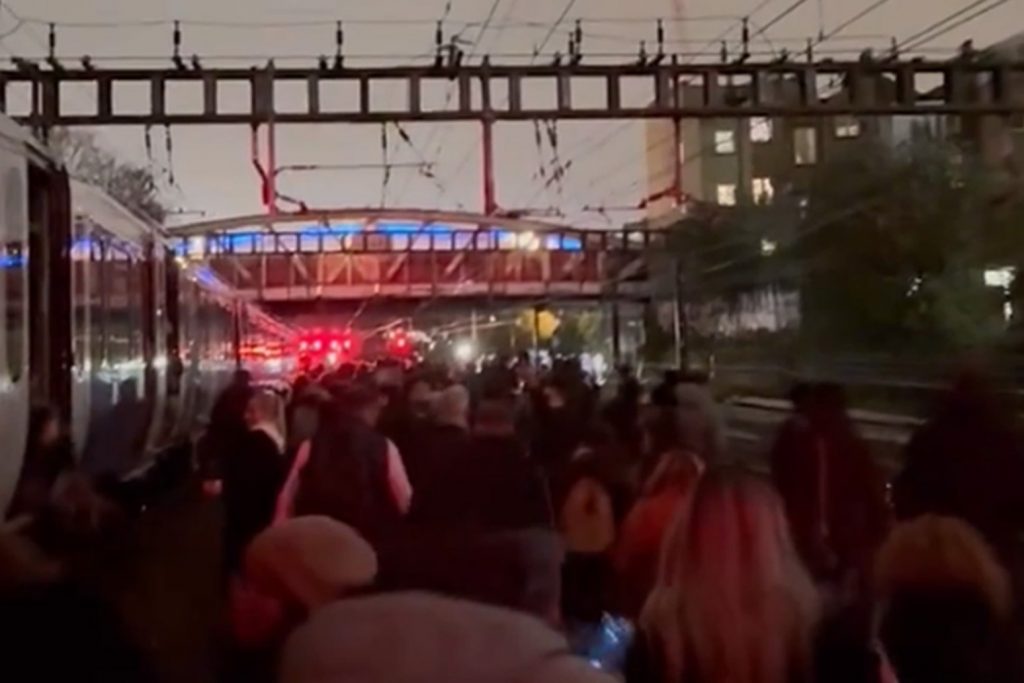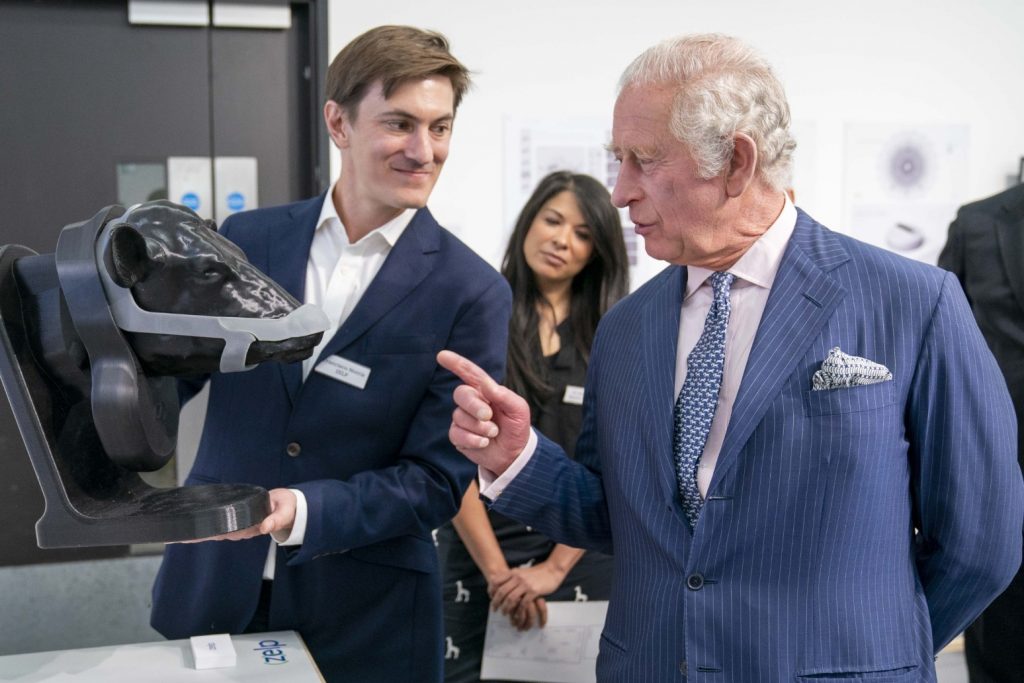Post George Floyd probe finds discrimination by Minneapolis police
Written by First Choice Radio on 27 April 2022

The Minneapolis Police Department has engaged in a pattern of race discrimination, according to the findings of a two-year investigation by the US state’s Department of Human Rights launched after George Floyd was killed by a city police officer.
The report said the department will work with the city to negotiate a consent decree.
As part of that process, the agency will meet with community members, police officers, city staff, and other stakeholders to gather feedback on what should be included.
The report said police department data “demonstrates significant racial disparities with respect to officers’ use of force, traffic stops, searches, citations, and arrests”.
And it said officers “used covert social media to surveil Black individuals and Black organizations, unrelated to criminal activity, and maintain an organizational culture where some officers and supervisors use racist, misogynistic, and disrespectful language with impunity”.
Human rights commissioner Rebecca Lucero said during a news conference after the report was released that it does not single out any officers or city leaders.
“This investigation is not about one individual or one incident,” Ms Lucero said.
The report said the city and police department “do not need to wait to institute immediate changes to begin to address the causes of discrimination that weaken the city’s public safety system and harm community members”.
It listed several steps that the city can take now, including implementing stronger internal oversight to hold officers accountable for their conduct, better training, and better communication with the public about critical incidents such as officer-involved shootings.
The Department of Human Rights launched its investigation barely a week after Mr Floyd’s death on May 25 2020.
Then-officer Derek Chauvin used his knee to pin the black man to the pavement for nine-and-a-half minutes in a case that sparked protests around the world against police racism and brutality.
Chauvin, who is white, was convicted last spring of murder.
Three other officers – Tou Thao, Thomas Lane and J Alexander Kueng – were convicted this year of violating Mr Floyd’s civil rights in a federal trial and they face a state trial starting in June.
The human rights report concluded that the pattern of race-based policing in Minneapolis was due to “ineffective oversight and accountability structures and ineffective trainings that reinforce a culture that is averse to accountability and not supportive for officers”, and that city and police leaders did not act quickly enough “to address well-known racial disparities”.
State investigators reviewed a decade’s worth of information, including data on traffic stops, searches, arrests and uses of force, and examined policies and training.
They also invited citizens to submit their own stories of encounters with Minneapolis police.
The Minnesota Department of Human Rights is the state’s civil rights enforcement agency.
It has the power to enforce the state’s Human Rights Act, which makes it illegal for police departments to discriminate against someone due to their race.
“Race-based policing is unlawful and especially harms people of colour and Indigenous individuals – sometimes costing community members their lives,” the report said.
The department has come under pressure from multiple directions since Mr Floyd’s death.
The US Department of Justice is also investigating Minneapolis policing practices, though it is not thought to be close to a conclusion.
Several city council members and residents have pushed to replace the department with a new public safety unit that they argue could take a more comprehensive public health approach to policing, including dropping a required minimum number of police officers.
Voters rejected the idea last year.
Mayor Jacob Frey and chief Medaria Arradondo, before his retirement in January, also made a range of changes in department policies and practices, including requiring officers to document their attempts to de-escalate situations, and no longer stopping motorists for minor traffic violations.
But community anger at police flared anew in February when police officers serving a no-knock warrant shot and killed Amir Locke, a 22-year-old black man who was staying on a couch in his cousin’s apartment.
Prosecutors declined to charge the officer who shot Mr Locke, saying body camera video showed him pointing a gun at the officer, a claim his family disputed.
The city has since banned no-knock warrants except in the most extreme circumstances, such as a hostage situation.
Published: by Radio NewsHub






